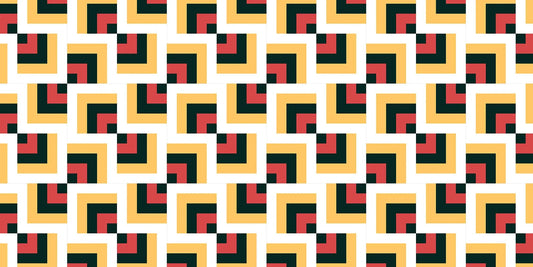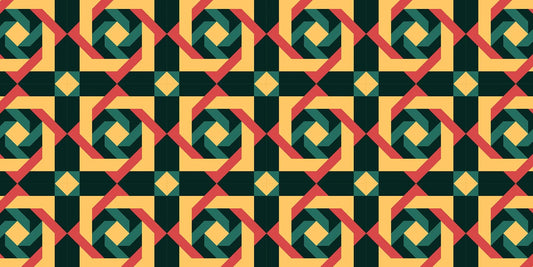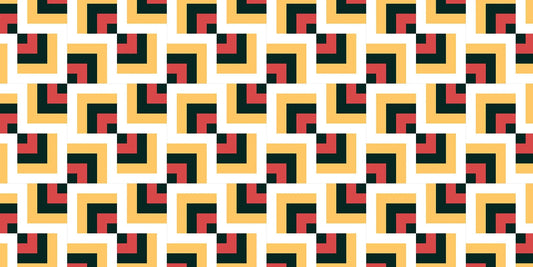Original Source : https://www.ohchr.org/en/stories/2016/11/universal-declaration-human-rights-now-available-more-500-languages-and-dialects
The Universal Declaration of Human Rights (UDHR) is now accessible in 501 languages and dialects, the Office of the High Commissioner for Human Rights has announced.
The latest addition to the OHCHR library’s collection of the world’s most translated document is a translation in North Bolivian Quechua, a dialect of the indigenous language spoken by the Quechua people of South America’s Andes.
“Our goal is to share the UDHR with the entire world, and it’s a great achievement for us to be able to make this important document available in more than 500 languages,” said OHCHR librarian Alfia Gilbert.
The UN Human Rights Office was awarded the Guinness World Record for the first time in 1999, when its collection of UDHR translations reached 298 languages and dialects, becoming the world’s most translated document. The Guinness certification was updated in 2009, when the collection reached 370 translations.
Since the UN General Assembly’s adoption of the Universal Declaration of Human Rights in 1948, the OHCHR collection of UDHR translations has expanded from its versions in the UN’s six official languages – English, French, Spanish, Arabic, Chinese and Russian – to include translations ranging from the world’s most widely spoken languages to endangered languages, such as Pipil, a nearly extinct Central American dialect that counted only 20 speakers in 1987.
“The growing number of translations underscores the universality of the Universal Declaration of Human Rights and the power of its words to resonate strongly across cultures and languages,” said UN High Commissioner for Human Rights Zeid Ra’ad Al Hussein.
The milestone document has served as the foundation for international human rights law, affirming all human beings are born free and entitled to rights and equal treatment regardless of race, gender, religion, nationality or language.
In addition to the latest North Bolivia Quecha translation, recent additions to the collection include translations into Klau, an ancient language of the indigenous Gelao people of southern China and northern Vietnam, and Francoprovençal, spoken in the Swiss cantons of Valais and Fribourg.
“We want as many people as possible to be able to read this document to realize they have human rights and can fight for them,” said Gilbert.
The OHCHR translation project aims to extend the reach of the Universal Declaration of Human Rights across the world and welcomes submissions of new translations from government offices, civil society and individuals.
2 November 2016
The Universal Declaration of Human Rights
UDHR Submission Guide
UDHR Translation Project




